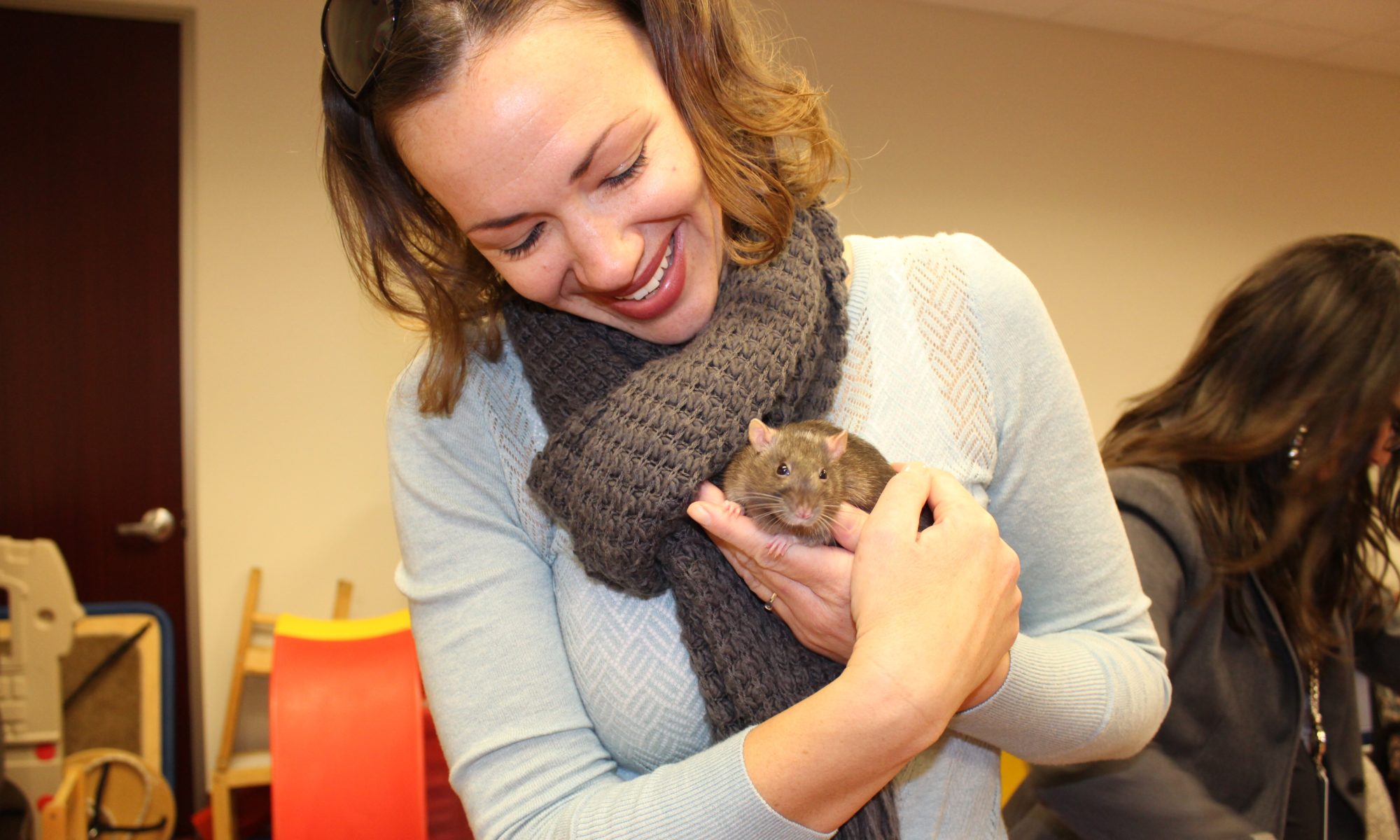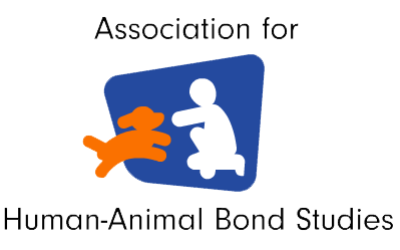Presented by Rachel O’Connor, ISAZ conference, University of Vienna, Austria University of Guelph, Guelph, Canada
Human expectations can greatly affect the human-companion animal bond, sometimes putting companion animals at risk for relinquishment. Understanding potential adopters’ expectations will benefit animal sources in developing relevant screening and educational programs that can assist in managing adopter expectations and can inform prior knowledge. The intention of this research was to explore the associations between adopter lifestyle and animal-care knowledge with expectation of companion-animal ownership prior to adoption.
The type of animal of interest during the adoption process appears to play a significant role in adopters’ expectations of their future dog or cat. As a result, shelters should pay particular attention to the expectations of dog owners, ensuring that the individual’s expectations are realistic at the time of adoption. In addition, it may be valuable for shelters to focus on raising the expectation of people planning to adopt a cat in terms of the effort required and the emotional benefits that can be gained. It would be beneficial for animal sources to explore potential adopters’ individual expectations for an adopted companion animal in order to identify and allocate educational resources that are specific to each adopter’s needs. Understanding adopters; expectations will help animal shelters better match, educate, and prepare adopters for their lieves with their adopted companion animal.


